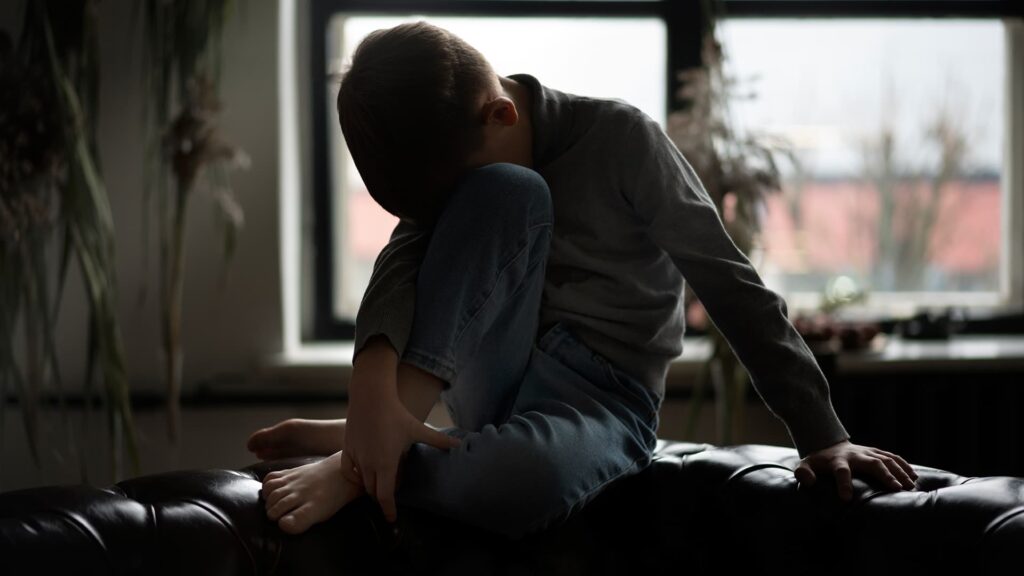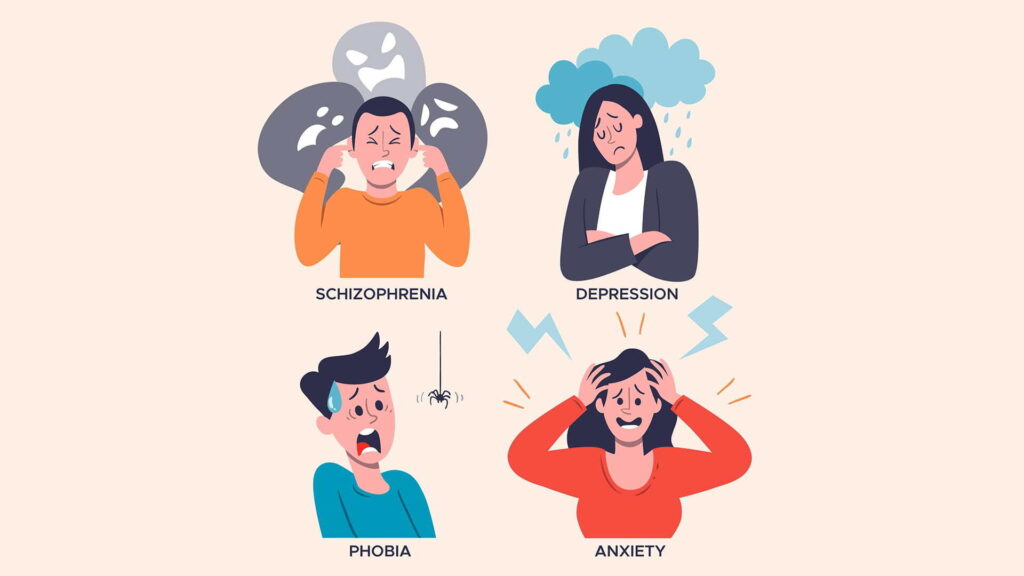In Anxiety attack vs panic attack, while both anxiety attacks and panic attacks involve strong emotional and physical reactions, anxiety attacks tend to be associated with chronic stress and develop gradually. In contrast, panic attacks are abrupt, severe episodes of overpowering terror that frequently have no apparent cause.
So, what’s the difference between an anxiety attack and a panic attack?
Anxiety attacks, which are frequently characterized by worry, restlessness, and a feeling of unease, typically develop over time and are triggered by particular stresses. On the other hand, panic attacks occur suddenly and cause intense physical symptoms such as chest pain, a racing heart, and a fear of losing control or dying. The main distinctions are in when they start, how severe they are, and how long they last; panic episodes tend to peak rapidly, whereas anxiety might last for a long time. Many people suffer from this feeling and it might harm them if they cannot manage it well.
Although they are both severe emotional and physical events, anxiety and panic attacks differ in their causes, signs, and outcomes.
Knowing the anxiety attack panic attack difference might help you deal with these situations expertly.
Mental health matters and understanding mental health issues like panic and anxiety attacks has become essential as people are dealing with them without knowing.

Indeed, a lot of people have panic and anxiety episodes at some point in their lives. It’s vital to realize that you’re not alone because they are more prevalent than you might imagine.
To put it simply, this is how they feel:
In Anxiety attack vs panic attack, Anxiety attack makes your mind seem to become trapped in a never-ending cycle of worry. Imagine having a restless, tense, or threatening feeling that you are unable to identify. You may feel stiff or exhausted, your stomach may feel odd, and your heart may speed a little. It feels as though you are unable to stop the stress from gradually increasing.
A panic attack is similar to being unexpectedly struck by a surge of fear. Your heart races, your chest constricts, and you feel as though you’re suffocating or are having trouble breathing. Some persons experience dizziness, trembling, or a sense of losing control. You may feel as though you are going to die or that you are experiencing a heart attack. Because of how intense it is, even if it may only last a few minutes, it feels much longer.
Although both can be draining, they can be efficiently treated with the correct support and techniques.
Anxiety attack vs panic attack: Key Differences
| Aspect | Anxiety attack | panic attack |
| Onset | Gradual | Sudden |
| Trigger | Particular stressor | Often indistinguishable |
| Duration | prolong (hours or longer) | brief (peaks within ten minutes) |
| Physical Symptoms | mild to moderate | Serious and intense |
| Emotional state | associated with worry | Intense fear of sense of trouble |
Anxiety attack vs panic attack symptoms
| Panic attack | Anxiety attack |
| Palpitations or an accelerated heart rate | increased heart rate |
| Breathlessness or hyperventilation | Feeling restless or “on edge” |
| Discomfort or pain in the chest | Having trouble focusing |
| The sensation of choking | Tension in the muscles |
| Discomfort in the abdomen or nausea | fatigue or difficulty falling asleep |
| Feeling lightheaded or faint | Shivering or sweating |
| Fear of dying or losing control |
External pressures like work, relationships, or financial troubles are frequently associated with anxiety episodes. Additionally, they could result from long-term anxiety conditions such as Generalized Anxiety Disorder (GAD).
Although panic attacks can be linked to panic disorder, they can also happen to people who don’t have a diagnosis. Major stress, genetics, or fundamental medical issues are examples of triggers.
Reasons and Risk factors

Common causes include traumatic experiences, phobias, stressful situations, long-term illnesses, and substance abuse.
Risk elements:
- Anxiety or panic disorders in one’s family or personally
- Trauma or ongoing stress
- Health conditions (such as heart disease and thyroid issues)
You should see a mental health professional if your everyday life, relationships, or job are affected by anxiety or panic attacks.
Nonetheless, mental health matters and it needs to be put on priority. Take care of it for your general wellbeing.













